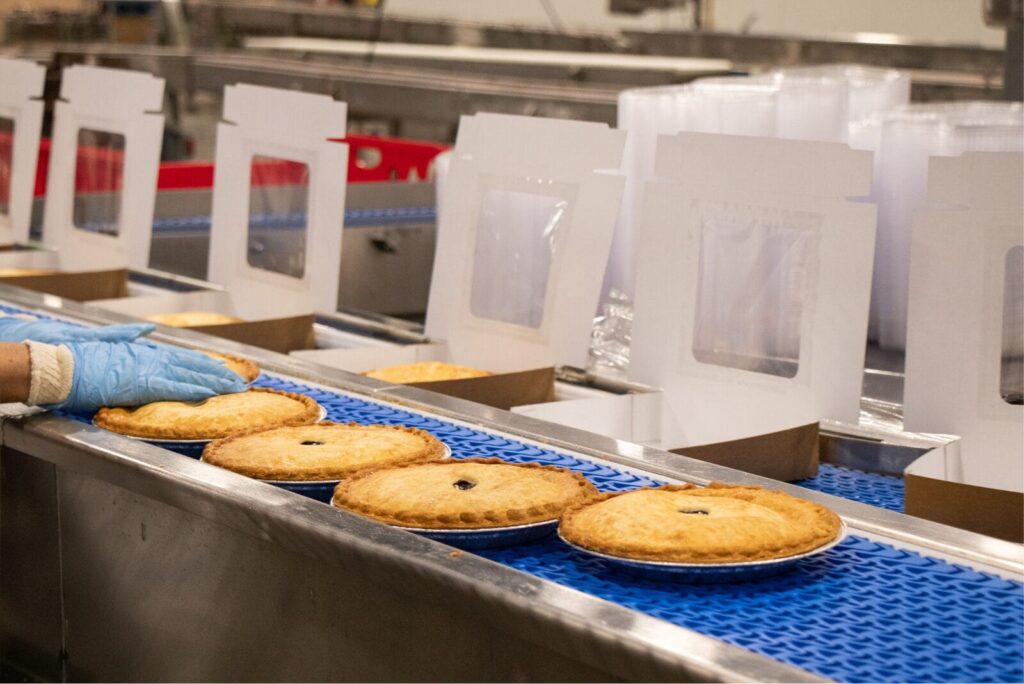WORCESTER, MA — The dichotomy between icon and innovation is an interesting one, especially for bakers. Classic brands are steeped in nostalgia and enjoy a deeply loyal fan base. But tradition can take sales only so far. To remain relevant and profitable, bakeries must capture the attention of new generations that may have different tastes and behaviors, and that often requires strategic ideation.
Worcester, MA-based Table Talk Pies has purposefully positioned itself squarely in the middle of this dichotomy. While the iconic brand prepares to celebrate its 100th anniversary later this year, it is also moving forward with a vision to grow beyond its traditionally pie-centric portfolio.
“People in the Northeast grew up eating mini Table Talk Pies in their lunchboxes,” said Isaac Long, the company’s president. “It’s a very nostalgic brand and item for people here, and we make our everyday pies really well. But for us to be successful, we’ve got to grow in a sustainable manner while making sure we don’t disrupt the core of the business, which is what we’re really about.”
That Table Talk Pies can focus on growth is a testament to its beloved status in New England. The bakery has had its share of struggles over the years, but it could be considered somewhat of a comeback kid.
Greek immigrants Theodore Tonna and Angelo Cotsidas started Table Talk Pies in 1924. They baked bread by day and hand-made pies by night, eventually growing the business to the point they pivoted to just pies. The pair operated the company until 1965 when they sold it to Beech-Nut. After changing hands many times, Table Talk went bankrupt in 1984 and closed its doors. It looked like the end of an era.











